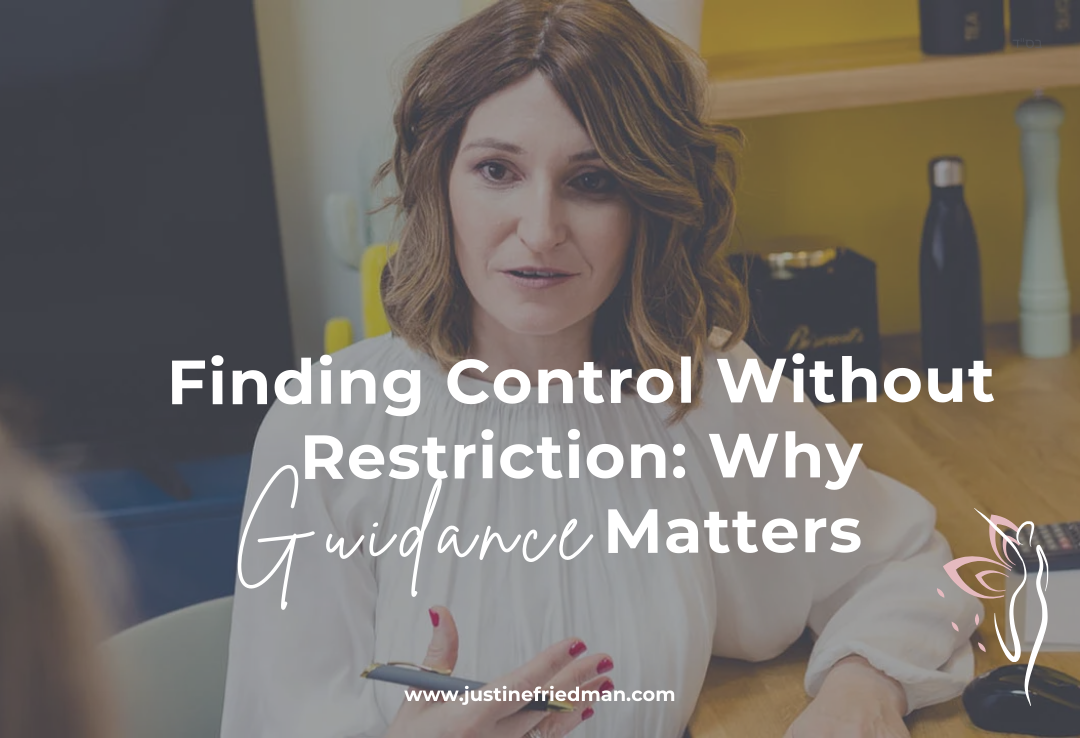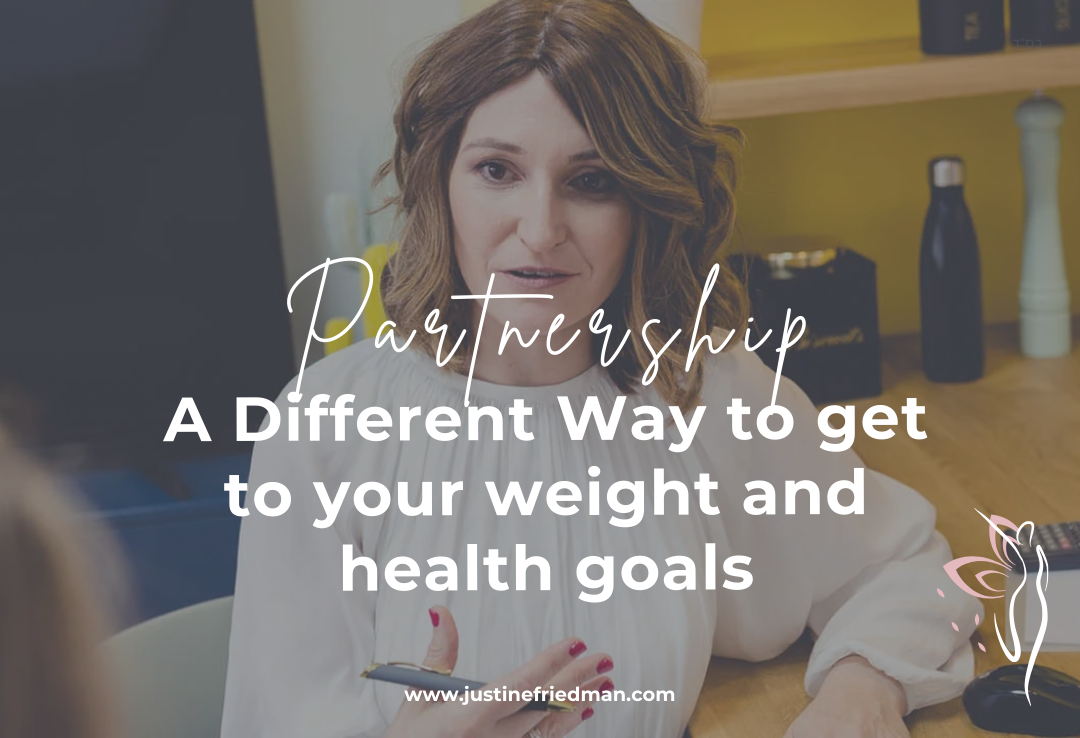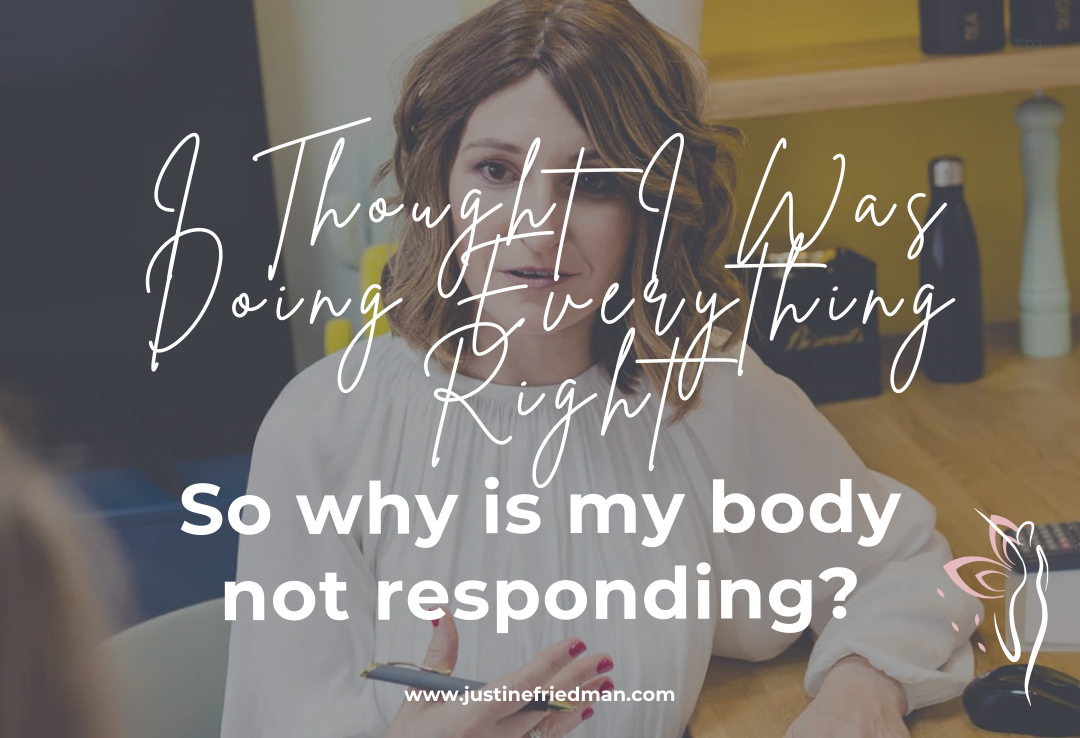There comes a point when everything piles up — emotions, responsibilities, life changes, hormonal shifts — and it tips into overwhelm.
That’s where I’ve found myself recently. And if you’re a woman in perimenopause or midlife, I know you’ve likely been there too.
The past few weeks have been particularly stressful in my personal life. My sleep has suffered. My energy has dipped. And I’ve had moments where I wondered how I was going to get through the day.
But here's what I’ve learned — and what I now teach:
When everything feels like too much, that’s the exact moment we must turn toward ourselves with care, not away.
It’s not about being perfect or calm all the time. It’s about knowing how to support yourself — body and mind — through the mess.
Let me walk you through the tools I’ve leaned on — and more importantly, why they work.
Start by acknowledging what’s happening.
Instead of pushing emotions down or pretending I’m fine, I begin by naming what I’m feeling.
This simple act of emotional acknowledgement can reduce stress. A UCLA study found that naming our emotions — "I'm overwhelmed" or "I'm anxious" — reduces activity in the amygdala, the part of the brain that activates our stress response. It helps us return to a more balanced state, faster.
📝 How this helps: You move out of emotional chaos and into clarity. You can feel what’s real without being consumed by it.
Time-limit the worry.
I give myself 10–15 minutes per day to think about each issue that’s bothering me. I use a timer if needed. I let myself feel, journal, even cry. Then I stop and move on.
Why? Because chronic rumination increases cortisol and worsens both mood and physical health.
📝 How this helps: It honours your feelings without letting them hijack your day. It reduces mental exhaustion and helps protect your nervous system.
Nourish your body with regular meals/snacks.
When I’m stressed, eating well can feel like another task — but it’s foundational. Even small, nutrient-dense meals or snacks every 3–4 hours helps stabilise my mood, energy, and focus.
During perimenopause, fluctuating estrogen levels can affect blood sugar control.³ Skipping meals or running on empty can intensify mood swings, anxiety, and fatigue.
📝 How this helps: Stable blood sugar = more stable moods and better decision-making under stress.
Build in intentional pauses.
Even just a 2-minute breathing break — eyes closed, hands on heart, deep inhales and exhales — shifts my whole nervous system.
Breathwork activates the parasympathetic nervous system (our ‘rest and digest’ mode), lowering heart rate, blood pressure and cortisol levels.
📝 How this helps: You reconnect with your body, regain a sense of calm, and avoid burnout.
Protect your sleep like it’s sacred.
Even if my sleep is disrupted, I stay committed to a regular bedtime and calming evening routine. I avoid screens late at night, use magnesium, and keep my bedroom cool and dark.
Perimenopause-related sleep disturbances are incredibly common — often linked to both hormonal shifts and heightened stress. Lack of sleep increases anxiety, insulin resistance, and inflammation.
📝 How this helps: Consistent sleep habits improve sleep quality over time, even if sleep isn’t perfect right away. Your body craves rhythm — give it one.
Move your body gently — with presence.
I still go for walks, even when I’m low on energy. But I don’t push. I slow down. I breathe. I listen to uplifting podcasts. Movement doesn’t have to be hard to be healing.
Studies show that just 20 minutes of walking can significantly lower stress hormones, boost endorphins, and improve brain function.
📝 How this helps: You get the mental reset of movement without draining your reserves.
Honour the need for connection and disconnection.
Some days, I need to talk to a friend or share what’s going on. Other days, I crave silence. After long hours of supporting clients, I give myself permission to unplug — no social media, no conversation, no stimulation.
This is about nervous system regulation. Constant input (especially digital) can keep your brain in a low-level state of arousal, making it harder to wind down.
📝 How this helps: You create boundaries that protect your energy and restore your sense of autonomy.
What You Can Expect From Using These Tools
You may not feel instantly “better.” That’s not the goal.
But what you will feel — over time — is more grounded.
More in control of your reactions.
More connected to your own inner calm.
You’ll likely notice:
- Less emotional reactivity
- Improved sleep quality
- More stable mood and energy
- A greater sense of personal agency
- Reduced feelings of helplessness
These tools don’t erase the stress. But they help you walk through it with your head up, your heart open, and your body more supported.
Over to You
When it all feels too much, where do you turn?
What are your go-to tools or habits that help you find calm in the chaos?
I'd love to hear what’s worked for you — or what you’re still figuring out.
You’re not alone in this.
And you don’t need to do it perfectly.
Just keep turning toward yourself.




